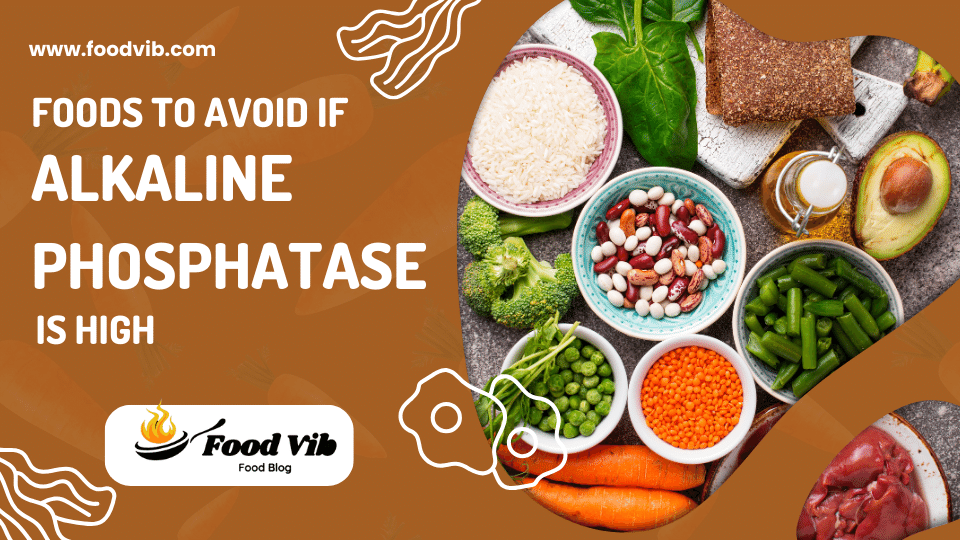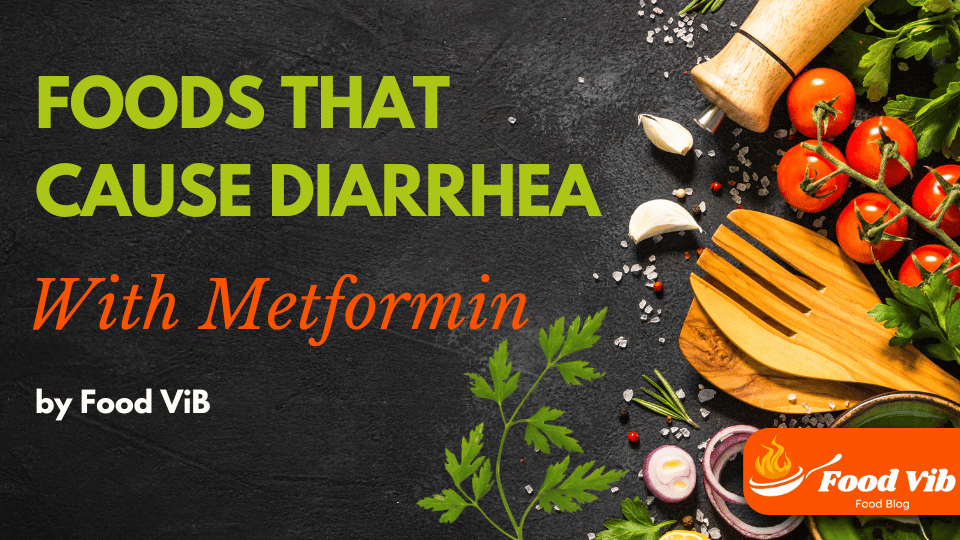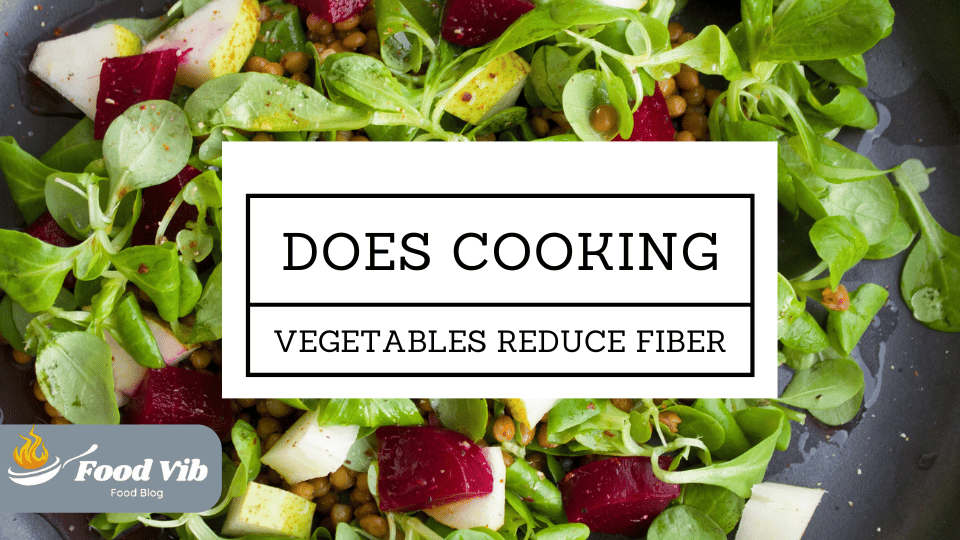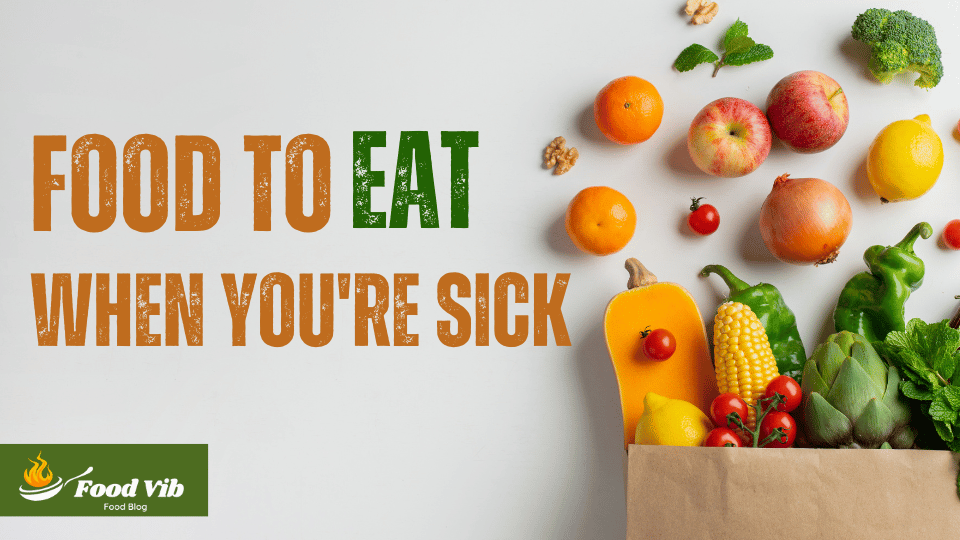Foods to Avoid if Alkaline Phosphatase is High

When alkaline phosphatase levels are raised, it’s crucial to examine dietary choices that may worsen this condition. Alkaline phosphatase is an enzyme present in different tissues throughout the body, including the liver, bones, and intestines. Elevated levels may signal liver or bone problems, among other serious health concerns.
While dietary modifications alone may not substantially influence alkaline phosphatase levels, some meals heavy in phosphorus or unhealthy fats may worsen underlying disorders resulting in increased levels. Therefore, learning which foods to avoid might be vital in treating this health condition and improving general well-being.

10 Foods to Avoid if Alkaline Phosphatase is High
Alkaline phosphatase (ALP) is an enzyme found in different organs throughout the body, including the liver, bones, kidneys, and bowels. Elevated amounts of alkaline phosphatase in the blood can suggest possible health problems, such as liver disease, bone diseases, or certain cancers. While dietary changes alone may not directly lower alkaline phosphatase levels, avoiding certain foods can help support general health and possibly prevent further increases.
Here are 10 Foods to Avoid if Alkaline Phosphatase is High:
1. Fatty Foods:
- Foods high in saturated and trans fats, such as fried foods, processed meats, and fatty cuts of red meat, can strain the liver and add to inflammation. Opt for lean protein sources like chicken, fish, and plant-based foods instead.
2. High-Sugar Foods:
- Excessive sugar intake can lead to insulin resistance and weight gain, both of which can exacerbate liver problems and raise alkaline phosphatase levels. Limit sugary snacks, sweets, sugary drinks, and processed foods with extra sugars.
3. Alcohol:
- Alcohol is known to increase liver enzymes, including alkaline phosphatase, due to its harmful effects on liver cells. If your alkaline phosphatase readings are high, it’s best to avoid or reduce alcohol intake.
4. Processed Foods:
- Processed foods often contain chemicals, fillers, and bad fats that can stress the liver and lead to inflammation. Opt for whole, lightly processed foods like fruits, veggies, whole grains, and beans.
5. High-salt Foods:
- Excessive salt intake can lead to fluid buildup and increase blood pressure, causing extra stress on the kidneys and liver. Avoid highly processed foods, canned soups, salty snacks, and fast food, and choose low-sodium options when possible.
6. Red Meat:
- While lean cuts of red meat can be part of a healthy diet, increased intake may add to inflammation and raise alkaline phosphatase levels. Limit your diet and opt for smaller cuts or replace them with plant-based protein sources like beans, lentils, and tofu.
7. Dairy Products:
- Some people may have trouble handling dairy products, which can lead to digestion issues and inflammation in the body. If you think dairy may be adding to your high alkaline phosphatase levels, try limiting or avoiding dairy products and opt for dairy replacements like almond milk or coconut yogurt.
8. Highly Processed Grains:
- Refined grains like white bread, white rice, and sugary cereals lack fiber and nutrients compared to whole grains, and they can spike blood sugar levels, leading to inflammation and possible liver stress. Choose whole carbs like brown rice, quinoa, oats, and whole wheat bread instead.
9. Artificial Sweeteners:
- While promoted as low-calorie alternatives to sugar, artificial sweeteners like aspartame and sucralose may upset gut health and digestion, possibly adding to increased liver enzymes. Limit consumption of diet drinks, sugar-free candies, and other goods containing fake sweets.
10. Highly Processed Snacks:
- Chips, crackers, cookies, and other highly processed snacks often contain unhealthy fats, sugars, and chemicals that can contribute to inflammation and liver stress. Instead, reach for whole-food snacks like nuts, seeds, fruits, and veggies.
Must Read: 25 Foods That Make You Taste Good
Managing High Alkaline Phosphatase with Food Choices
Alkaline phosphatase (ALP) is an enzyme found in your body that helps break down proteins in food and plays a role in bone health. Sometimes, the amounts of ALP in your blood can become too high, which might suggest certain health problems. But don’t worry, you can help handle high ALP levels with some smart food choices.
Include Calcium-Rich Foods:
- Calcium is important for bone health and can help control ALP levels. Foods like dairy products (milk, yogurt, cheese), leafy greens (kale, spinach), and enhanced plant-based milk are great sources of calcium.
Eat Foods Rich in Vitamin D:
- Vitamin D helps your body process calcium better, which can indirectly help manage ALP levels. You can get vitamin D from foods like fatty fish (salmon, mackerel), egg whites, enriched grains, and spending time in sunlight.
Opt for Lean Proteins:
- Choose lean proteins like chicken, turkey, fish, tofu, and veggies instead of fatty cuts of meat. This helps lower the stress on your liver, which can affect ALP levels.
Limit Processed Foods:
- Processed foods often contain bad fats, sugars, and chemicals that can stress your liver and affect ALP levels. Try to limit your intake of prepared snacks, sugary drinks, and fast food.
Go Easy on booze:
- Drinking too much booze can harm your liver and lead to high ALP levels. If you drink booze, do so in moderation. For most people, this means up to one drink per day for women and up to two drinks per day for men.
Stay Hydrated:
- Drinking plenty of water helps support general liver function and can help keep good ALP levels. Aim for at least 8 glasses of water per day, and more if you’re busy or in a hot environment.
Balance Your Plate:
- Try to fill your plate with a range of bright fruits, veggies, whole grains, and lean meats. This ensures you get a good mix of nutrients that support general health, including healthy ALP levels.
Must Read: How are Liquid Calories the Same as Food Calories
How to Lower Alkaline Phosphatase Levels through Diet
What is ALP?
Alkaline phosphatase (ALP) is an enzyme found in different parts of your body, including your bones, liver, kidneys, and bowels. It plays a role in many important processes, like bone growth and the removal of waste products.
Having high ALP levels may indicate an underlying health issue, especially if you experience other signs like tiredness, stomach pain, or jaundice. However, it’s important to remember that ALP levels can vary due to various causes, and only a trained healthcare worker can understand your data.
Can food help?
While food alone cannot directly lower ALP levels, some dietary choices can support general liver and bone health, which may indirectly help control ALP levels as part of a complete approach led by your doctor.
Here are some nutritional tips:
- Focus on whole foods: Choose a diet rich in fruits, veggies, and whole grains. These foods provide important nutrients that help with general health and well-being.
- Choose healthy protein sources: Opt for lean foods, fish, chicken, beans, and lentils. These choices are good sources of protein without extra fatty fat.
- Limit prepared foods, sugary drinks, and bad fats: These things can add to various health issues and should be limited for the best health.
- Maintain a healthy weight: Being overweight or fat can put extra stress on your liver and other systems. Maintaining a healthy weight through a balanced diet and regular exercise can be helpful.
- Consider omega-3 fatty acids: Research shows omega-3 fatty acids found in fatty fish, flaxseeds, and walnuts might help control ALP levels.
Remember:
- These are general food tips and not a substitute for professional medical assistance.
- Always ask your doctor before making any major changes to your food, especially if you have any underlying health problems.
- If you have worries about your ALP values, share them with
- your doctor. They can help identify the reason and suggest the best course of action.
It’s important to understand that controlling ALP levels is likely a complex approach involving lifestyle changes, possible medicine, and ongoing medical tracking as advised by your doctor.
Must Read: How Can You Freeze Cannoli Cream?
Conclusion:
In conclusion, while diet alone cannot directly lower ALP levels, following a balanced and healthy diet rich in fruits, vegetables, whole grains, and lean protein sources can support overall liver and bone health, which may indirectly contribute to managing ALP levels as part of a comprehensive approach guided by your doctor.
Remember, contacting a healthcare professional is crucial for proper evaluation, treatment, and nutritional advice specific to your individual wants and health situation.
Must Read: What are the Halal Dishes in the USA
FAQS ( Frequently Asked Questions )
How Can Diet Impact Alkaline Phosphatase? What Foods to Avoid?
While food cannot directly lower ALP levels, it can indirectly affect them by supporting general liver and bone health. Avoiding the things listed above, along with:
Fried foods: High in bad fats, fried foods can add to weight gain and possibly worsen underlying health problems affecting ALP levels.
Refined carbohydrates: These can cause blood sugar spikes and add to inflammation, possibly hurting general health and ALP levels.
Are There Specific Foods that Increase Alkaline Phosphatase?
There isn't a specific type of food that directly increases ALP levels. However, certain conditions that increase ALP levels, like rapid bone growth in children or Paget's disease, might require food changes to control the underlying condition, affecting ALP levels indirectly. A healthcare worker can provide detailed food suggestions in such cases.
What foods decrease alkaline phosphatase?
While there are no specific foods proven to directly reduce ALP levels, a healthy diet rich in certain nutrients can indirectly support general liver and bone health, which can be helpful in managing ALP levels as part of a thorough approach led by your doctor.
Here are some nutritional recommendations:
Focus on whole foods: Choose a diet rich in fruits, veggies, and whole grains. These foods provide important vitamins, minerals, and fiber that add to general health and possibly support liver and bone function.
Lean protein: Opt for lean meats, fish, chicken, beans, and lentils. These choices provide protein without extra fatty fat. Omega-
3 fatty acids: Research shows these fatty acids, found in fatty fish, flaxseeds, and walnuts, might be helpful in controlling ALP levels.
How can I reduce alkaline phosphatase in my body?
Directly reducing ALP levels is not usually the main target as it's an enzyme with important activities. However, controlling the root cause of increased ALP is important. This often involves a mix of:
Medical care: Your doctor will determine the reason and suggest suitable treatment, which might involve medicine or other treatments based on the particular situation.
Lifestyle changes: A healthy diet, regular exercise, keeping a healthy weight, and limited alcohol intake can greatly help to controlling the underlying condition and possibly affecting ALP levels indirectly.
Can eggs increase ALP?
Eggs are generally not considered dangerous for high ALP levels. They are a good source of protein, vitamins, and minerals and can be part of a healthy diet unless you have specific food restrictions or illnesses.
What is the best treatment for alkaline phosphatase?
There's no single "best" treatment for high ALP as the method depends entirely on the root cause. Your doctor will perform a complete evaluation to find the reason and suggest the most suitable treatment plan, which might include medicines, food changes, lifestyle tweaks, or a mix of these methods.
what happens if alkaline phosphatase is high?
High ALP levels can suggest different underlying health problems. These may include: Liver problems:
Conditions like hepatitis, cirrhosis, or bile duct blockage can cause increased ALP. Bone disorders: Paget's disease, bone injuries, or rapid bone growth in children can lead to high ALP.
Other conditions: Less usually, high ALP can appear due to pregnancy, certain drugs, or some cancers.
what are the symptoms of high alkaline phosphatase?
Elevated ALP levels often don't show specific signs on their own.
However, based on the root cause, you might experience:
- Fatigue Loss of appetite
- Nausea of vomiting
- Abdominal pain
- Dark urine
- Jaundice (yellowing of skin and whites of the eyes)
how to reduce high alkaline phosphatase levels in blood?
Treatment for high ALP levels varies on the root cause. It typically involves:
- Addressing the root condition: This might involve medicine, surgery, or lifestyle tweaks like food changes.
- Monitoring ALP levels: Your doctor will watch your ALP levels over time to track success and change treatment as needed.
what foods cause high alkaline?
There aren't specific things that directly cause high ALP. However, some foods can worsen underlying diseases that lead to higher ALP, such as:
- Processed foods: High in bad fats, sodium, and extra sugars, they can increase liver stress.
- Sugary drinks: Excessive sugar intake can lead to fatty liver disease, possibly harming ALP.
- Excessive red meat: While lean protein is crucial, eating excessive red meat, especially processed foods, might be harmful to liver health.
- Alcohol: Excessive alcohol intake can damage the liver and lead to increased ALP levels.
what is the treatment for high alkaline phosphatase?
As stated earlier, the treatment works on the root reason, not directly lowering ALP levels. Your doctor will recommend the best course of action based on evaluation.
how to lower alkaline phosphatase levels naturally
While food alone cannot directly lower ALP, certain dietary choices can support general liver and bone health, which might indirectly help to managing ALP levels as part of a doctor-guided approach. This includes:
- Eating a healthy diet: Focus on fruits, veggies, whole grains, and lean protein sources.
- Limiting prepared foods, sugary drinks, and bad fats. Maintaining a good weight.






One Comment